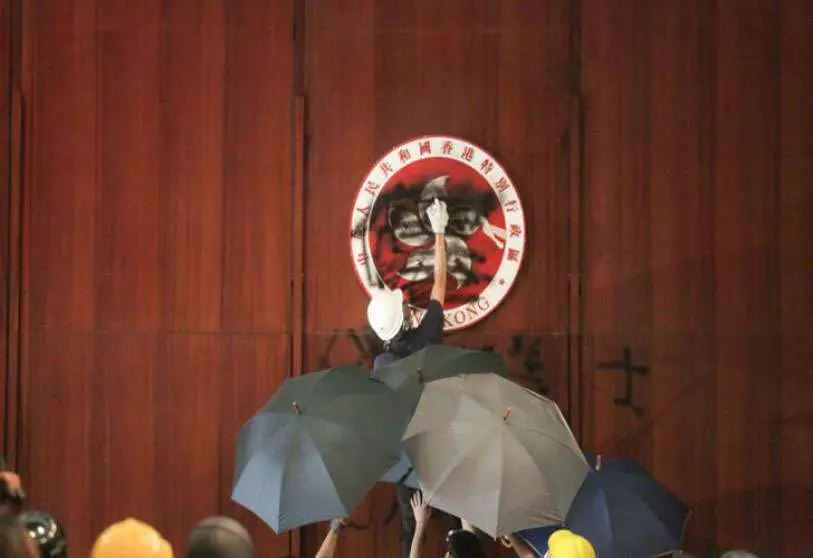Hong Kong, a law and a system

One state, two systems. The motto of a political life project for Hong Kong in 1997 when the United Kingdom, the government of the semi-autonomous city, an essential piece of international finance in Asia, and the Chinese government, agreed on the colonial disengagement and the process of Hong Kong's reintegration into China, maintaining its economic personality and an autonomous legal system. The Security Law that was implemented last June 30th, designed and imposed by Beijing, means, in the first place, a definitive alteration of this complex and unstable framework that has produced different outbreaks of citizen protest in the last months, in view of the fear of a large part of the Hong Kong society that the Chinese strategy of ascending to the category of global power and pole of influence would end up undermining in advance the weak autonomy that the territory enjoyed.
The distance between the people of Hong Kong and the government of the Chinese Communist Party has become, with this new legal resource, a barrier between the freedoms of expression and political claim, and the geopolitical and strategic interests of the Asian giant. We are now entering a period that will be one of dialogue or, on the contrary, one of growing tension and repression, depending on the international capacity to try to bring the process back on track and, above all, on China's assessment of the cost in terms of the deterioration of its image that the strict and severe application of the new law may represent for the Asian power.
Until this moment, the international personality that China had sought has been based on the principle of non-alignment and on the political vindication of territories, in non-aggressive terms or in terms of progressive adaptation and attraction. The first change of attitude took place in 2017 with the ambitious project of social rejuvenation and strategic strengthening. The second is taking place in this period of crisis that Beijing has taken advantage of to intensify its manoeuvres in the South China Sea, where it is claiming the sovereignty of certain islands and archipelagos, to initiate border clashes with India in the Himalayas and to proclaim more decisively its unquestionable sovereign aspiration over Taiwan. Too many fronts are open at the same time, when growth prospects and trade activity have also been weakened by the pandemic. A tough policy in Hong Kong could transform the friendly image that the Chinese government wants to project, and which is essential for the achievement of global projects such as the New Silk Road, which require trust and credibility from their main driving force if they are to be viable.
The international community is aware of these contradictions, which are intrinsic to Chinese policy. The United Kingdom has taken a clear stance in favour of Hong Kong and is offering visas for its citizens. The United States puts economic and strategic pressure on the aspirations of its rival, which is considered to be systemic. And Europe maintains for the moment a pragmatic and prudent position that seeks to encourage dialogue between the parties, but which could be hardened if, as it seems, the European Union were to opt for a firm common declaration, warning of the risks that the new law could produce in freedoms such as expression and human rights. China has chosen hard power for Hong Kong. But important actors in global society, including companies and non-governmental organisations, can demand the exercise of soft power from their leaders if they do not want bipolarisation to become a reality in advance, where democracies will present a common front with the argument of the collapse of freedoms in Asia.

